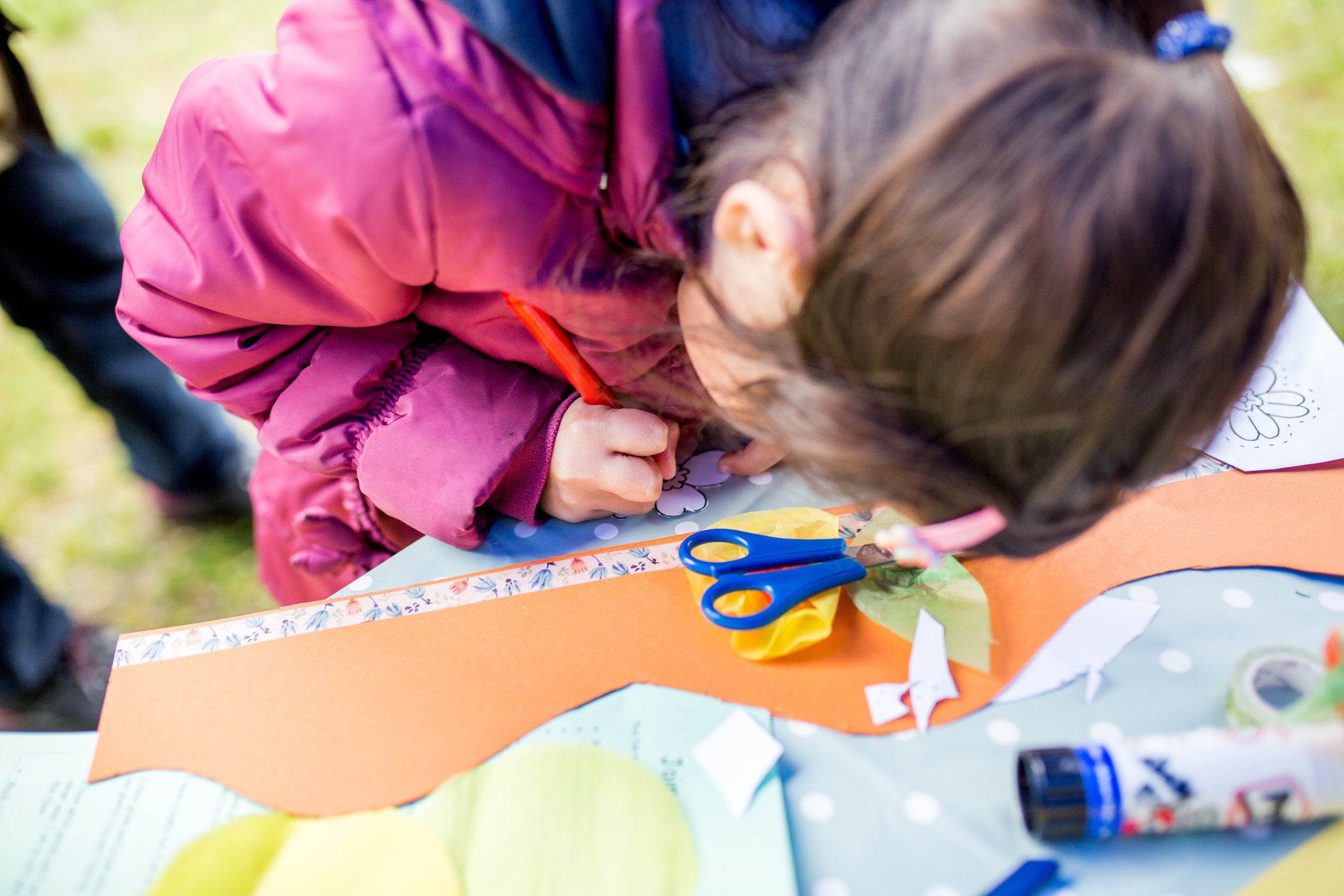Children and Young People are Bearing the Trauma of the Cost of Living Crisis
This article was first posted on The Independent's website under their Voices section. The original article can be viewed here.
Across the UK thousands of children and young people are experiencing a rapid and frightening change in their living circumstances, as the cost-of-living crisis threatens their survival. Rising food insecurity and household debt, increased energy costs and direct cuts to the public services on which they rely, place many young people at the risk of traumas associated with poverty and marginalisation.
Individuals and families on low incomes, with long-term ill-health or disabilities in the Northeast, Northwest and London regions are being hit the hardest. For many the impact could be experienced as traumatic, with increased stress, surging and toxic levels of cortisol and adrenaline driving people toward states of survival and impacting their experiences of safety and security.
At Kazzum Arts we work across London with children and young people impacted by complex adversity, whether experienced as acutely overwhelming events, troubled family and peer relationships, community trauma or the continual shock of societal systems plunged into states of uncertainty and fear. Repeated exposure to frightening and shocking stimuli and secondary absorption of stress from others can all bring about a chronic dysregulation of the nervous system, potentially impacting a child’s neurological development and playing out across a lifetime of physical and mental ill-health, social issues and even limiting life chances.
Our ongoing programme of creative workshops offer opportunities for children and young people impacted by trauma and social inequalities the space to relate and create. To many, creativity and play may not appear to be vital needs, but experiences of joy and connection can be significant protective factors against the many threats to wellbeing currently faced by young generations. Children speak the language of play and traumatic experiences can render them mute. It is essential that opportunities for play and creativity are offered as a method for processing overwhelming sensations and building relationships in order to heal. We all understand the impact of Covid-19 and the cost-of-living crisis on our own mental health, but imagine the toll that the uncertainty and stress is taking on the children all around us, particularly those most impacted by social inequalities.
London is considered to have the highest rate of child poverty in the UK, with the most recent data showing that 700,000 children, or 34% of all children living in London (and 3.9 million children UK-wide) are living in poverty. Within our work we see this daily, and we collaborate with many other incredible charities to deliver high-quality experiences for young people which can reduce stress, support the management of emotions, provide holistic care and encourage young people to connect with their peers.
For many of the young migrants and refugees that we work with, the cost-of-living crisis simply adds misery to an already desperate situation. Faced with a government allowance of under £6 per day to cover all basic living costs, many young migrants face impossible dilemmas in how to navigate their survival and avoid total destitution.
It’s well-evidenced that the creative arts are beneficial for mental health and yet, like many sectors, the arts and cultural sector remains in an ongoing funding crisis, with limited resources, increased need and rising costs. Kazzum’s work comes alive on the front line of trauma-impacted services - children’s hospital wards, migrant and refugee community groups, pupil referral units and primary schools. We work alongside skilled professionals who carry the heavy weight of Covid-19 and uncertain futures ahead. Our youth-centred, trauma-informed approach aims to mitigate against long-term negative consequences of stress through the formation of trusted relationships, focusing on psychological and physical safety and creative collaboration.
All children and young people are vulnerable to bearing the trauma of the cost-of-living crisis, but children and young people already facing adverse experiences are potentially at a much higher risk. The prevalence of significant mental health conditions amongst children is now 50% higher than in the previous large-scale survey conducted just three years earlier in 2017. It is vital that interventions are put into place now that can support their mental health through the winter months, providing the motivation to connect, protect and inspire.
You can inspire hope through creativity by supporting our work with children and young people impacted by adversity this winter.
As a charity we depend on the generosity of donors and are so grateful for the support that you can offer children and young people impacted by the adversity of our times.

